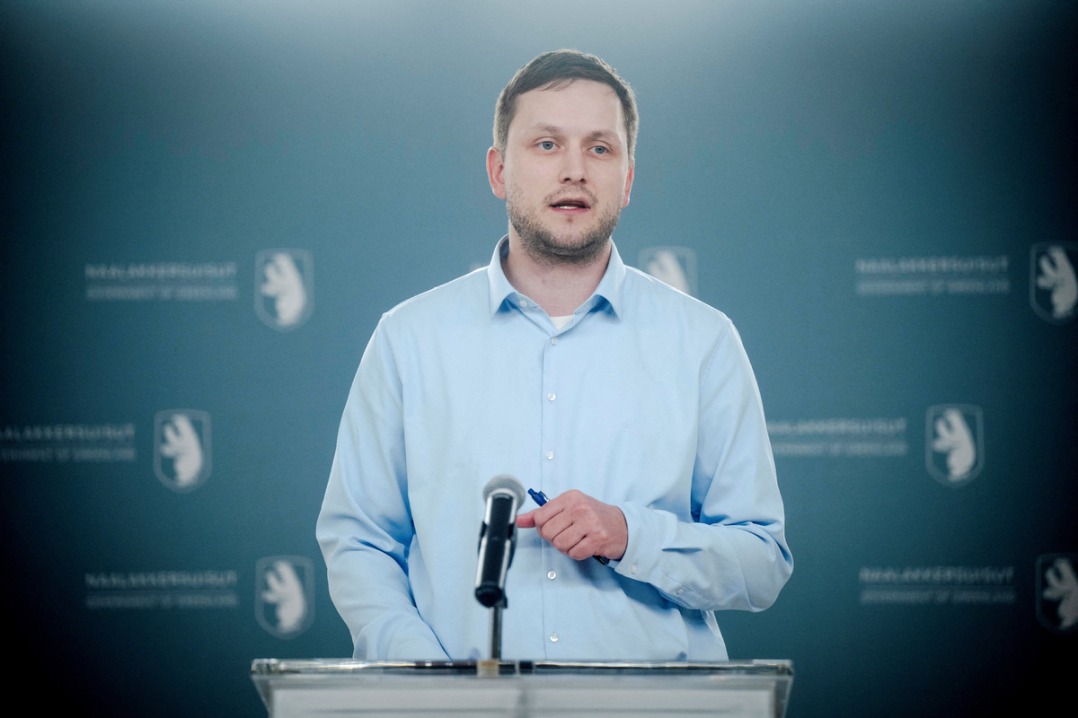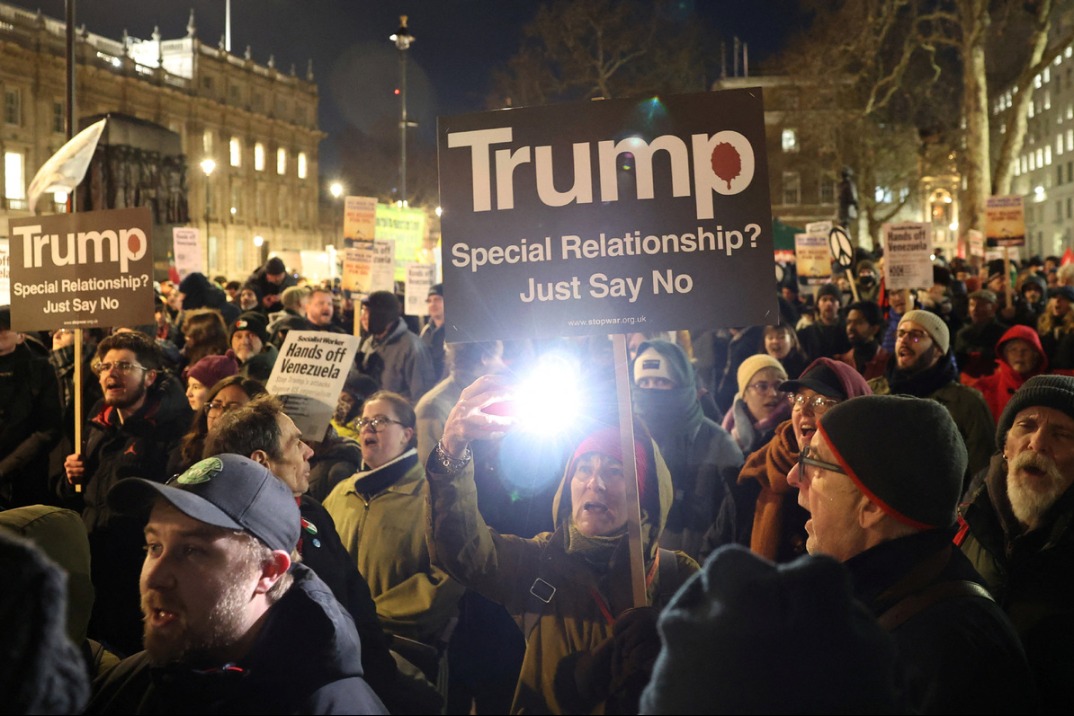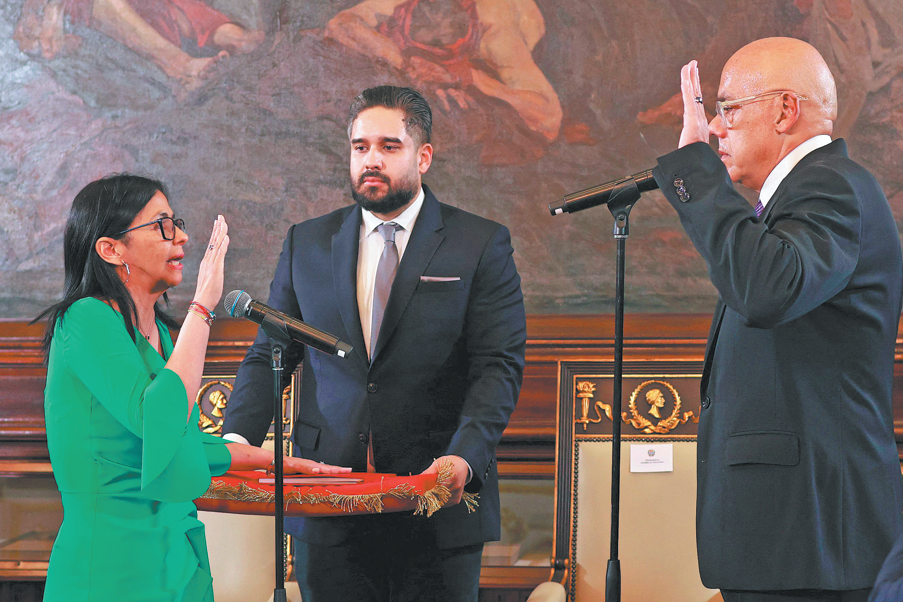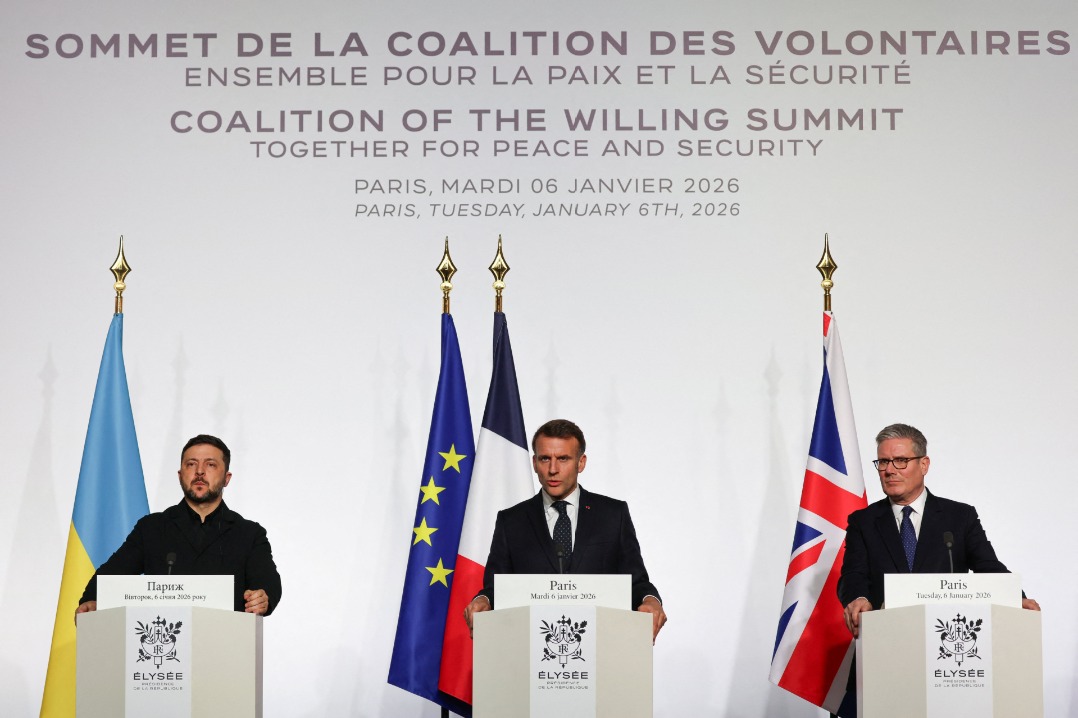'Cup of Firsts' a welcome boost for Gulf region


The 2022 World Cup — dubbed the "Cup of Firsts" in many regards — will have far-reaching implications for host country Qatar, the Gulf region and the Middle East. The event, which kicked off on Nov 20, is being held, for the first time in its 92-year history, in an Arab, Muslim and Middle Eastern country.
With a citizen population of close to 400,000 and total population of around 3 million, Qatar is the country with the least population and tiniest amount of land on which the World Cup has been organized so far. In that respect, the anticipated arrival of from 1 million to 1.5 million people to Qatar will constitute a key challenge for the country, as it will account for nearly half its population.
To get a picture of the situation, imagine if around 165 million people visited the United States or around 70 million visited Russia. As a result, the World Cup marks a tremendously crucial social, political, economic, and reputational test for Qatar in every way. And Qatar seems to embrace the hype attached to the World Cup.
The World Cup is first and foremost on the agenda, with financial resources allocated during the preparation phase. Although no official figures appear to be available, it is speculated that Qatar has invested something above $220 billion in the World Cup. Using the lowest of these estimations, Qatar is projected to have spent 15 times more than Russia did on its way to 2018. These numbers cover the stadiums constructed in Qatar, as well as the hotels, roads and renovations and transportation network construction and updates. It seems to be more of an investment for the future.
Regarding this financial prowess, Qatar seeks to be completing the tournament in a stable and trouble-free manner, because any breach in any sense could damage Qatar's hard-earned reputation.
Organizing high-profile events, not merely the World Cup, has a major impact on the Gulf nations' political economies. The Gulf states, which already have economies based on natural resources, have striven to diversify their economic resources and realize their transition from oil dependency to becoming post-oil economies. As a result, the Gulf nations' commitment to decreasing net carbon emissions to zero and combating climate change is a reasonable strategy.
As a byproduct of these planet-friendly concepts, positive ties are formed with Western countries, and reciprocal investments have been used in economic diversification processes.
In this framework, Qatar has been attempting to organize major events, promoting the country in this way and expanding the country's investment portfolios. Qatar, which hosted the Asian Cup in 1988 and 2011, won the right to organize the World Cup in 2010. So its work on maybe the grandest event in sports benefited from the experience of organizing two Asian Cups.
Therefore, the World Cup could be seen as an important checkpoint for the citizens of Qatar, its economy, society and the state to cross. Although there has been some criticism of various aspects of Qatar and the World Cup, there is no razor-edged problem so far.
In the 2000s, international relations in the Gulf had to include political-economic parameters as effective variables alongside geopolitical ones. Against this backdrop, with the World Cup being held in Qatar, it is anticipated that Qatar will likely take the lead in the Gulf economic struggle in the short to medium term. Qatar has already developed a strong image through its global brands, such as Al Jazeera and Qatar Airways.
That Qatar stands out as a country affluent in natural resources, particularly amid a worldwide energy crisis, may allow it to convert the attention it receives during the World Cup into long-term political-economic profits and leverages.
With the World Cup in Qatar, the competition for worldwide events in the Gulf has heated up even more. Last year, the United Arab Emirates hosted the 2020 World Expo, and next year it will host the 28th UN Climate Change Conference (COP28). In this regard, it is reported that Saudi Arabia is contemplating a joint bid for the 2030 World Cup with Egypt and Greece and a bid for the 2030 World Expo.
In a nutshell, the most significant influence of large events on the Gulf political economy is that they stimulate and diversify the Gulf's economic struggle, making it an issue of prestige for the monarchies in the region.
The author is Gulf studies coordinator with the Center for Middle Eastern Studies, a nonpartisan and nonprofit research center based in Ankara. The views do not necessarily reflect those of China Daily.

































